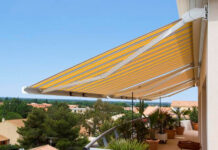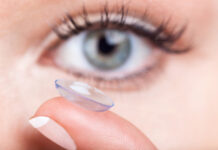
We tend to view sunglasses as either a stylish accessory or just a comfort measure on bright days. But wearing quality UV-blocking shades regularly offers some surprising health advantages. Understanding the key benefits can provide extra motivation to grab your sunglasses daily.
Preventing Long-Term Eye Damage from UV Rays
The number one reason to wear sunglasses is protecting eyes from the sun’s ultraviolet radiation. UV exposure contributes to eye conditions like:
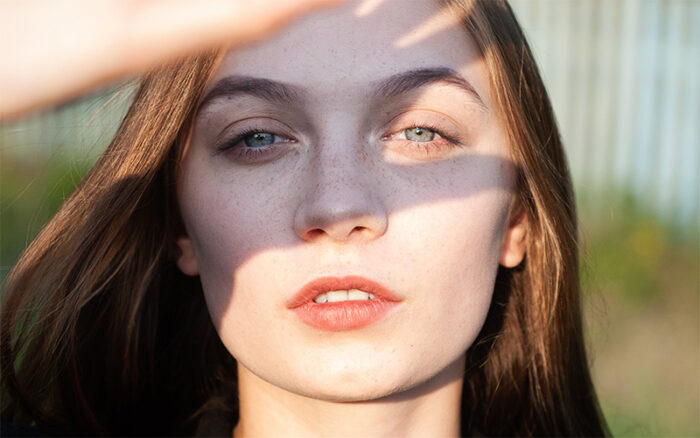
Cataracts
The lens inside the eye gradually becomes cloudy, causing blurry vision. Cataracts often require surgery to remove and insert an artificial lens.
Macular Degeneration
Damage occurs to the macula portion of the retina, impairing central vision needed for reading, driving and facial recognition. It causes irreversible vision loss.
Photokeratitis
Essentially a sunburn of the cornea, photokeratitis causes extreme light sensitivity, eye pain and temporary vision problems.
Pterygium
Noncancerous growths that form on the whites of the eyes and can impair vision and eye movement if they spread too far. Surgery is required in severe cases.
Skin Cancer
The eyelids and skin around the eyes can develop cancer due to sun exposure. This requires treatment to prevent spreading.
Starting young with UV protection is key, as sun damage accumulates over one’s lifetime. Wearing quality sunglasses that block 99-100% of UVA/UVB rays helps minimize the risks.
Reducing Risk of Eye Injury While Active
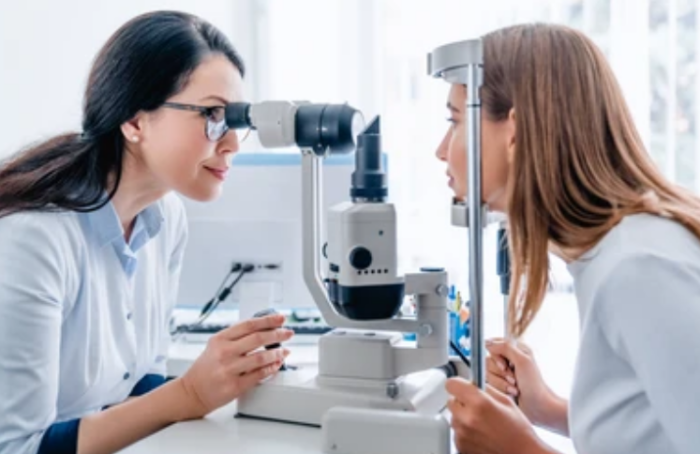
Sunglasses serve an important role as protective eyewear for sports and activities. Polycarbonate plastic lenses are shatterproof yet provide optical clarity. This makes them ideal for both adults and kids when:
- Playing racket sports where fast balls can strike eyes.
- Fishing and boating where hooks or lures can gouge eyes.
- Snow sports like skiing and snowboarding where icy particles fly at high speeds.
- Yard games involving flying projectiles like balls, Frisbees or cornhole bags.
- Cycling, motorcycling, or convertible driving where debris can enter eyes.
Regular sunglasses may crack or shatter under impact, further injuring eyes. Look for durable athletic sunglasses with flexible frames and secure wraparound arms when active. Protective eyewear prevents accidents that can mean lost seasons for athletes or permanent vision problems.
Managing Light Sensitivity Disorders
Certain disorders like migraine headaches or chronic dry eye disease make sufferers extremely light sensitive. Wearing sunglasses, even indoors, provides relief by:
- Allowing them to engage in normal activities outdoors.
- Preventing headaches, nausea and dizziness triggered by light.
- Reducing painful eye exposure that could worsen conditions.
The experts at Olympic Eyewear recommend consulting an optometrist about custom shades that address specific sensitivities. Some offer discount sunglasses to make special tints affordable. Proper eyewear prevents worsening of light sensitivity disorders.
Recovery After Eye Surgery or Injuries
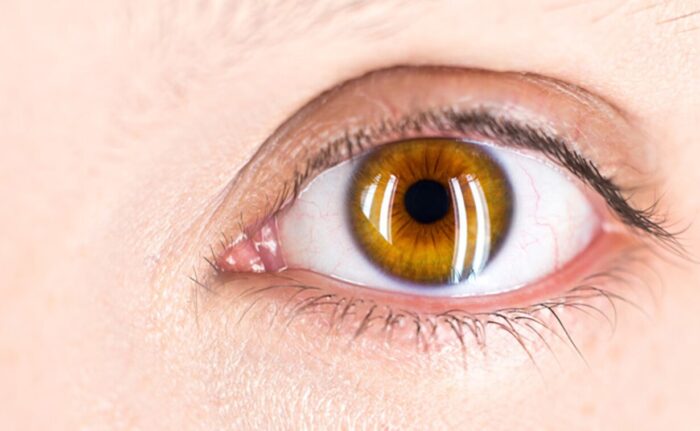
Protective sunglasses are often prescribed following:
- Laser eye procedures to avoid irritation while healing.
- Treatment for eye infections like pinkeye which leaves eyes vulnerable.
- Injuries like corneal abrasions that require limiting light exposure.
Listen to your ophthalmologist’s recommendations for appropriate post-op or post-injury sunglasses. Follow guidelines for wearing duration and activities to promote full recovery.
Style, Fashion and Confidence
While health benefits take priority, feeling good in sunglasses provides a mood boost too. The right pair adds flair to any outfit. Mirror lenses, pops of color and on-trend shapes project confidence.
Making UV blocking shades part of your daily routine provides perks beyond basic eye protection. Guarding long-term eye health remains imperative. But take advantage of benefits like reduced glare, protection for delicate skin, and a mood lift in flattering styles.
Enhancing Visual Comfort and Clarity
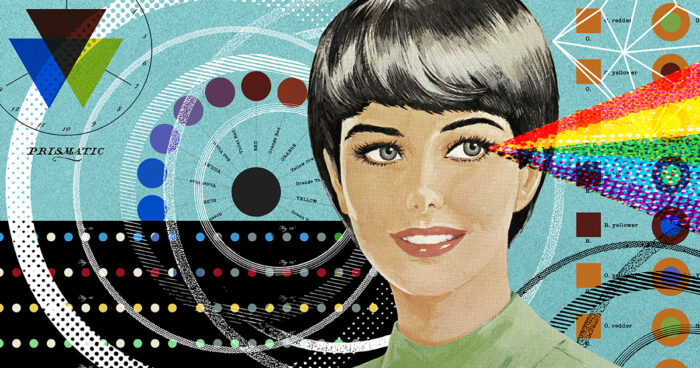
Improving Contrast and Reducing Glare: High-quality sunglasses enhance visual comfort by reducing glare, particularly on sunny days or when near reflective surfaces like water or snow. Polarized lenses are especially effective, as they filter out horizontal light waves that cause glare, improving contrast and visual clarity. This is essential for activities like driving, where glare can be a safety hazard.
Color Perception and Clarity: Some sunglasses come with tinted lenses that can improve color perception and overall visual clarity. Different tints can enhance specific colors and contrast, making them ideal for various activities like golfing, where green-tinted lenses can help see the course more clearly.
Protecting Against Environmental Elements
Shielding from Wind and Dust: Sunglasses act as a physical barrier against wind, dust, and debris. This protection is crucial for outdoor activities like biking or hiking, where eye irritation from dust and wind can impair vision and enjoyment.
Preventing Dry Eye Syndrome: For those suffering from dry eye syndrome, sunglasses can help retain moisture in the eyes by reducing the evaporation caused by wind and sun. Wraparound styles are particularly effective for this purpose.
Supporting Healthy Sleep Patterns

Regulating Circadian Rhythms: Exposure to bright light, especially blue light, can disrupt our circadian rhythms and affect sleep quality. Wearing sunglasses with UV protection, particularly later in the day, can help regulate these rhythms by reducing exposure to blue light, supporting healthier sleep patterns.
The Importance of Quality in Sunglasses
Ensuring Adequate UV Protection: Not all sunglasses offer equal UV protection. It’s crucial to choose sunglasses that provide 100% UVA and UVB protection to ensure maximum benefit. Cheaper sunglasses might not offer adequate protection, despite having a dark tint.
Durability and Longevity: Investing in a durable pair of sunglasses ensures they last longer and maintain their protective qualities. Look for scratch-resistant lenses and sturdy frames, especially if you lead an active lifestyle or engage in sports.
Children and Sunglasses: A Must for Young Eyes
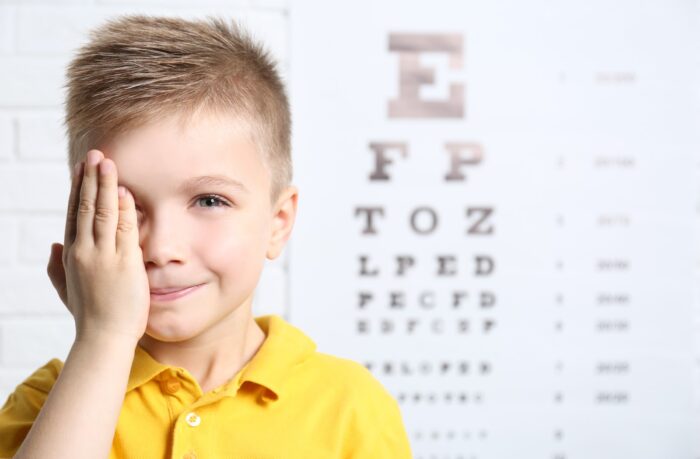
Early Protection for Lifelong Eye Health: Children’s eyes are more sensitive to UV light, making it essential to protect them from an early age. Sunglasses for kids should be durable, comfortable, and offer 100% UV protection to safeguard their developing eyes.
Smart Choices for Different Lifestyles
Customization for Specific Needs: Sunglasses can be customized with prescription lenses for those who need vision correction. This ensures clear vision along with the benefits of UV protection and glare reduction.
A Range of Styles for Every Personality: The variety of styles available means there’s a pair of sunglasses to suit every face shape and personal style. Whether you prefer a classic aviator, a trendy oversized frame, or a sporty wraparound, there’s a style to reflect your personality and meet your needs.
Conclusion: A Wise Investment for Eye Health
Investing in a good pair of sunglasses is not just a fashion statement but a wise health decision. Regular use of quality sunglasses can protect against a range of eye problems, improve visual comfort, and enhance overall quality of life. Remember, your eyesight is irreplaceable – protect it with the right pair of sunglasses.

